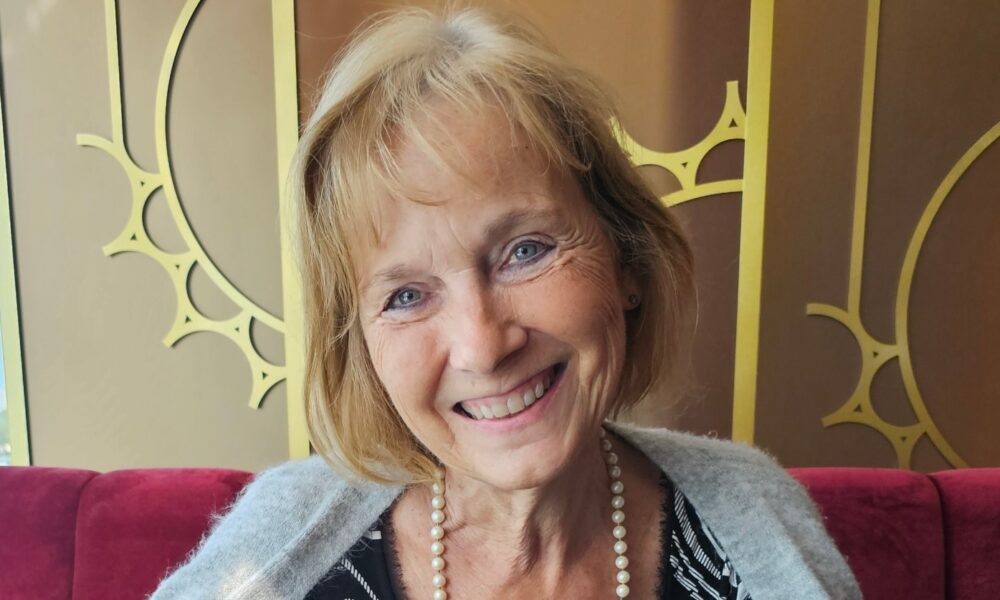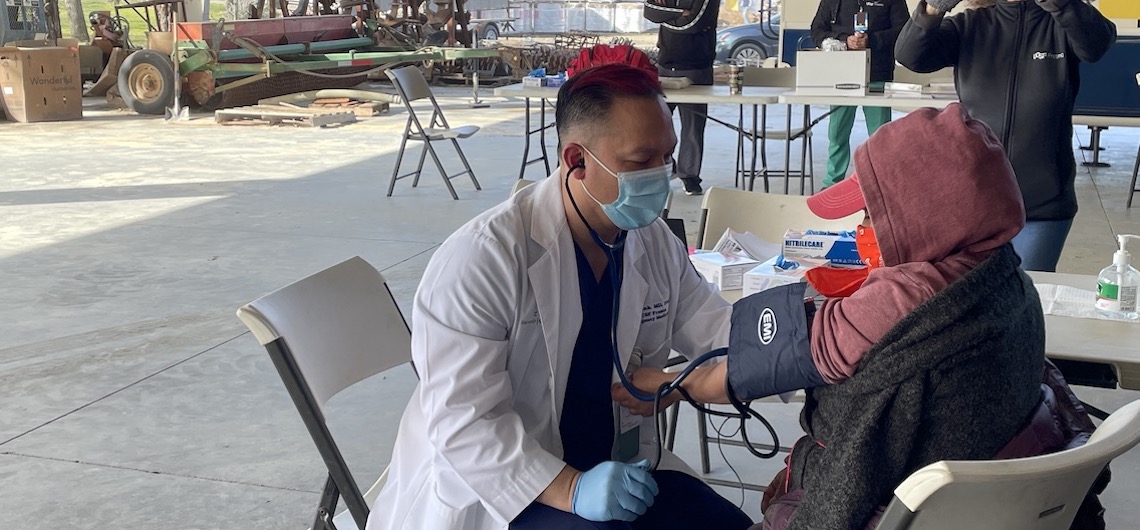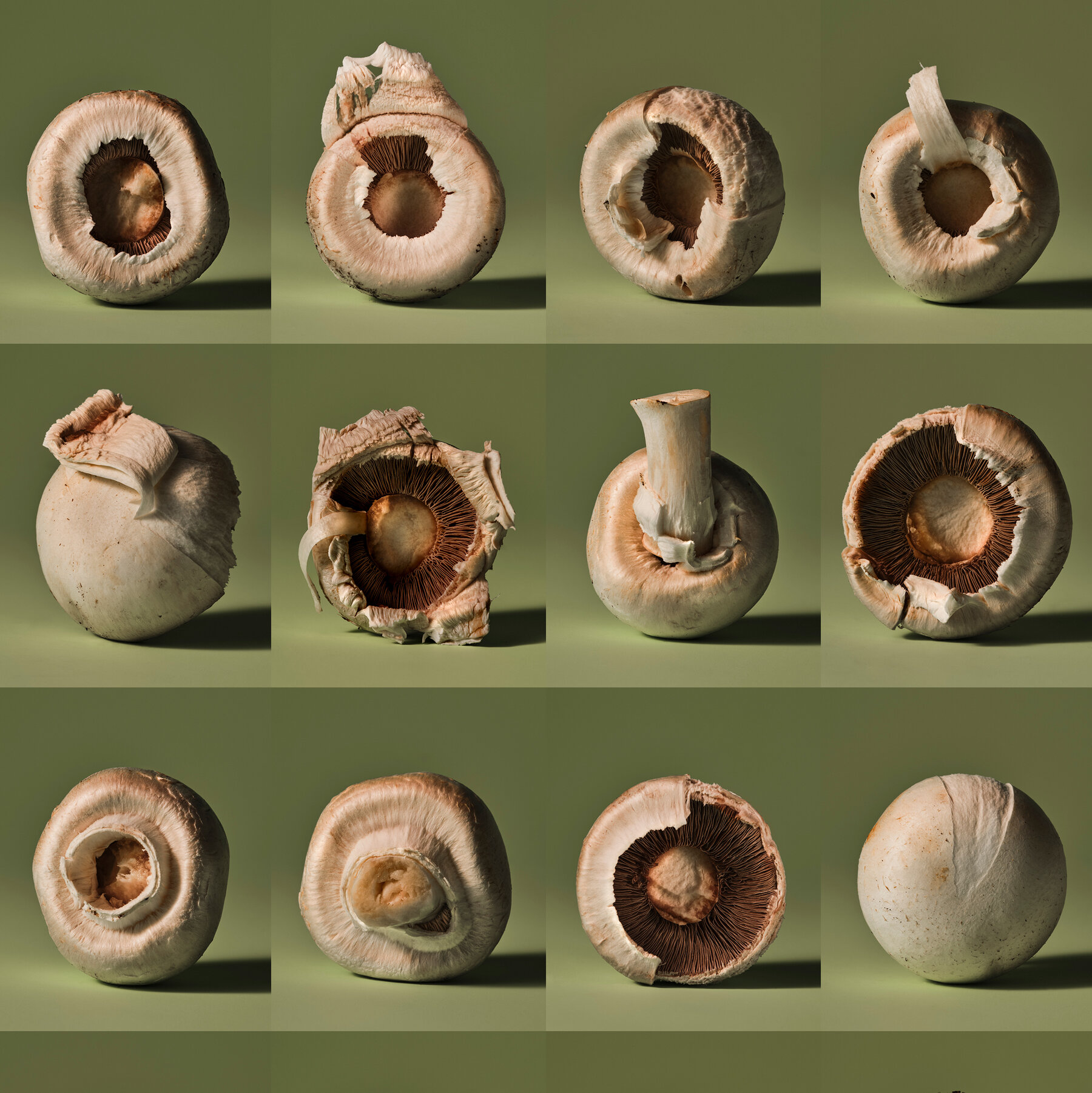Colorectal cancer screenings are often relegated to the bottom of many people’s health priorities. With the demands of family, work, and social commitments, the time needed for screenings can feel overwhelming. However, the implications of neglecting these screenings can be severe. Colorectal cancer is notably deadly when diagnosed at an advanced stage, but early detection offers a promising outlook. In fact, when caught early, the five-year survival rate for colorectal cancer is an impressive 91%.
Despite this statistic, only 65.5% of eligible Floridians aged 45 and older are current with their colorectal cancer screenings. This gap leaves thousands at risk, particularly as the state has witnessed an annual increase in advanced-stage colorectal cancer cases. Alarmingly, 60% of low-income or Medicaid adults in Florida have not undergone screenings, highlighting significant disparities in healthcare access and awareness.
Raising Awareness on Screening Options
Negative perceptions surrounding screening procedures can deter individuals from seeking necessary tests. While colonoscopies are the gold standard for detecting colorectal cancer, many find the preparation uncomfortable and the procedure invasive. Additionally, stool-based tests can provoke anxiety due to their nature, further contributing to the overall screening gap.
As a personal account, Ute Harshbarger, a travel agent based in Davenport, Florida, reflects on her own experience. When it was time for her screening, she learned about newer, non-invasive blood test options, such as the Shield test. This test stands out as the first FDA-approved blood test for primary colorectal cancer. Such innovations are pivotal in encouraging more individuals to get screened.
Harshbarger decided to take the blood test and found the process to be straightforward. A quick blood draw at her doctor’s office, with no extensive preparation, left her feeling relieved and empowered. She emphasizes that prioritizing health is vital for enjoying life, especially when it comes to creating cherished memories with loved ones.
Encouraging Conversations About Health
Screening for colorectal cancer transcends mere compliance; it represents an essential opportunity to catch potential health issues early when they are most manageable. Harshbarger urges individuals to engage in discussions with their healthcare providers about available screening methods. Such conversations may prove to be among the most significant for personal health and future well-being.
The introduction of more comfortable screening options could have a transformative effect on public health. As awareness grows and these methods become more accessible, the hope is that more individuals will prioritize their health and participate in screenings. With early detection, the fight against colorectal cancer becomes more promising, allowing people to focus on what truly matters: their lives and loved ones.







